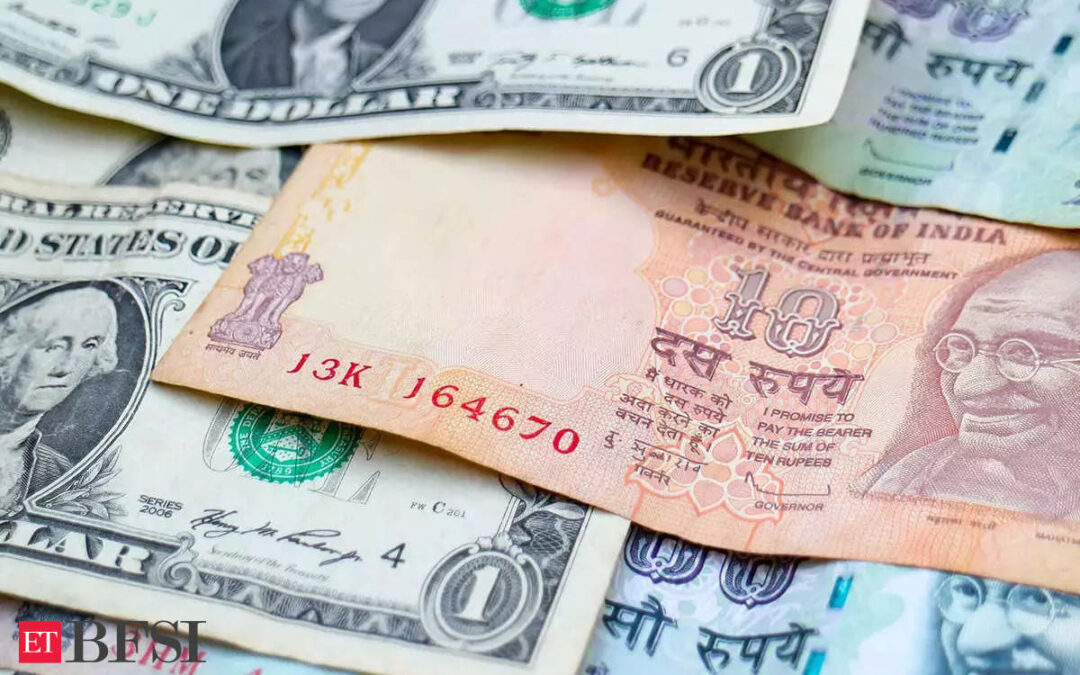The Indian rupee ended little changed on Tuesday after dollar demand from state-run banks ate into the local unit’s early gains in light of a proposal to include eligible Indian bonds in the Bloomberg Emerging Market Local Currency Index.
The rupee ended at 83.1150 against the U.S. dollar, barely changed compared to its close at 83.1375 in the previous session.
Late on Monday, Bloomberg Index Services proposed including eligible Indian bonds in its emerging market local currency index from September.
The local unit had risen to an intraday high of 83.0450 early in Tuesday’s session on the back of positive sentiment but dollar demand from state-run banks ate into those gains, traders said.
“(It) seems that the market is convinced that 83.00 will hold and hence intraday (dollar) buying comes,” a foreign exchange trader at a private bank said, referring to the persistent dip-buying interest (on USD/INR).
The dollar index was up slightly at 102.35 while most Asian currencies ticked up, led by the Thai baht, which rose 0.4%.
The rupee should appreciate further given supportive global cues, but dollar demand from oil companies and likely absorption of inflows by the Reserve Bank of India have capped gains, Abhilash Koikkara, head of forex and rates at Nuvama Professional Clients Group said.
Investors now await key U.S. consumer inflation data due on Thursday which will impact expectations of potential easing of policy rates in the world’s largest economy.
The month-on-month core consumer price index (CPI) inflation is forecast to be steady at 0.3% in December, according to a Reuters poll.
Market participants are currently pricing a 42% chance that the Federal Reserve will hold policy rates steady in March, up from 21% a week earlier, according to CME Group’s FedWatch tool.











